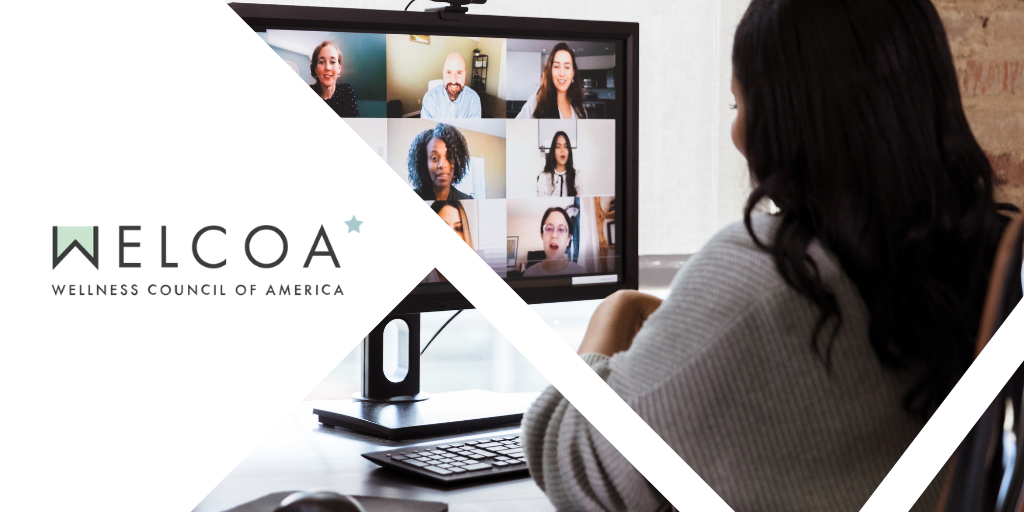By Sara Martin, M.S., CEO, WELCOA
Researcher Susan Pinker studied lifestyles in communities around the world to understand why some communities and individuals are thriving and others are not. She was specifically examining why, in so many communities around the world (including America) women are living an average of 5 to 7 years longer than men. In her TED Talk about the secret to living longer, she drew the startling conclusion that men had significantly fewer relationships or connections than women, and that key difference could be a culprit behind the mortality gap.[1] Other research backs this up. Julianne Holt-Lunstad is a researcher at Brigham Young University who has been studying the impact of social relationships on mortality. Her research found that social support, social relationships, and social integration are more predictive of how long we live than smoking, drinking, or exercise.[2] Social isolation is one of the known public health risks of our time—and that was prior to the pandemic and the health-preserving isolation and quarantine activities now in place.
So, when WELCOA, in our mission to provide training, tools, and resources to support healthy people and healthy business, saw these data, we could not ignore them. There is clearly something going on with social support and isolation, and that something is negatively impacting our health. We dedicated an entire year to improving social connections in the workplace and here is what we learned.
- The need for social connection is greater than we realized pre-COVID, and it will require some creativity for employers to create new opportunities for employees and teams to connect in pandemic times and beyond.
- Inclusion, acceptance, empathy, and appreciation are key pieces to connection in the workplace. Employees are dealing with more uncertainty and volatility than ever. This year, the chronic endemic of racism was compounded by a global pandemic. Organizations must address this uncertainty with better tools, policies, and practices for equity, inclusion, safety, and trust.
- Social isolation affects the brain in the same way that physical pain does. Functional magnetic resonance imaging (fMRI) scans reveal the same parts of our brains are active when we feel the pain of isolation as when we have physical pain.
- We have to be authentic in the ways that we communicate and connect with each other. Connection does not happen artificially. Foster connection by weaving it into the existing routine and culture of your company.
- Connection equals protection. Social connection reduces the risk of depression and suicide. If you see someone who you think is struggling, ask how you can help.
When WELCOA deemed 2020 our year of social connection, it was because we were blown away by the evidence showing that social isolation has measurable physical and health consequences for humans. Feeling like we belong to each other and to our communities fosters better motivation to achieve our well-being goals. It is fuel. Fuel yourself in the new year by making it a point to create and strengthen your relationships at work, at home, and in your community.
For more about social connections, access the WELCOA Employee Education Toolkit: Connection, Empathy, and Compassion.
References
[1] TED. (2017). The secret to living longer may be your social life | Susan Pinker [Video]. YouTube. https://www.ted.com/talks/susan_pinker_the_secret_to_living_longer_may_be_your_social_life?language=en
[2] Holt-Lunstad, J., Smith, T. B., & Layton, J. B. (2010). Social relationships and mortality risk: A meta-analytic review. PLoS Medicine, 7(7), e1000316. https://doi.org/10.1371/journal.pmed.1000316


